|
|
PLACE
in the SOCIO-ENVIRO-ECONOMIC SYSTEM
|
CITIES / URBAN CENTERS
Cities and Urban Communities are where most people live their lives
|
MAIN ST.
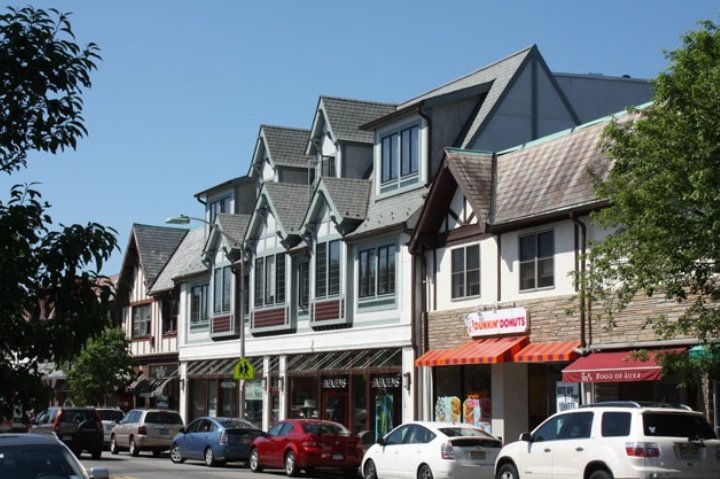
|
SCHOOLS

|
CHURCHES

|
POLICE

|
RECREATION

|
HOSPITALS

|
SUBURB
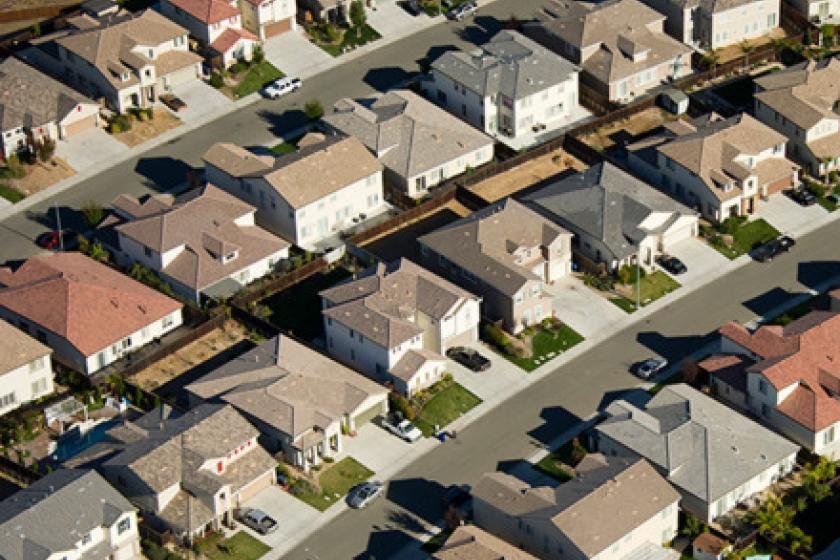
|
UNIVERSITIES

|
HOUSING

|
FIRE

|
RELAXATION

|
PERSONNEL

|
|
Everything is needed in the place to enable Quality of Life. Everything is interconnected. Nothing important can be missing ... multi-sector is essential
|
VILLAGES / RURAL COMMUNITIES
Many villages and rural communities are losing population.
|
|
There is substantial migration from rural areas to urban centers. This has been going on for several decades and is probably accelerating.
|
|
More than 200 countries ... with vastly different characteristics
|
 China
China
|
 France
France
|
 Russia
Russia
|
 UK
UK
|
 USA
USA
|
 India
India
|
 Brasil
Brasil
|
 RSA
RSA
|
 Indonesia
Indonesia
|
 Pakistan
Pakistan
|
 Nigeria
Nigeria
|
|
Data at the country level is useful for broad comparisons, not so much for timely management of socio-enviro-economic performance.
|
|
ALL SORTS OF ACTIVITIES MAY HAPPEN IN A PLACE
|
SOCIAL CAPITAL

Quality of Life
|
NATURAL CAPITAL

Essential enabler
|
ECONOMIC CAPITAL

Wealth / GDP
|
Profit performance is the dominant management metric in the modern economy. There is no metric anything like it for either the social dimension or the environmental dimension of the socio-enviro-economic system. Place, unlike the corporate organization, is not managed for economic profit. If it is managed at all, it is managed more for the benefit of people, but not in a particularly coherent manner. The economic performance of a place comes a poor second to the economic or profit performance of corporations and their owners ... and corporations are mobile in a way that the place can never be. If the place does not suit the corporation ... it moves.
TVM has management metrics that are more fit-for-purpose for place, that embrace all the capitals and all the activities. It is rare for two places to be the same, and accordingly it is essential to optimize decisions to suit the specifics of a place rather than operating with broad generalisations. The economic, social and environmental health of a place are a lot more than the performance of the City or Town Government ... it is about all the activities in the place, the actors involved and the impacts these activities and actors are having on all the capitals that are located in the place.
|
|
MANY FACTORS ARE IMPORTANT FOR PLACE
|
A LIVEABLE PLACE

Main Street
|
EMPLOYMENT

Industry
|
FOOD & OTHER STUFF

Whatever is needed
|
|
The location of towns and cities has been determined in the distant past to a large extent by geography ... where the place is located and what the physical geography is like. Many important population and commercial centers have grown up on the banks of navigable rivers or where there has been fertile land, or useful mineral resources. People have moved to places where life could be better socially and economically.
|
|
CHOICE OF PLACE IS BEING CHANGED BY TECHNOLOGY
|
|
PASSENGER TRANSPORTATION
|
HORSE-POWER

|
STEAM-TRAINS

|
AUTOMOBILES

|
HI-SPEED TRAINS

|
AIR TRAVEL

|
|
ALSO CARGO TRANSPORTATION / LOGISTICS / SUPPLY CHAIN
|
FREIGHT TRUCK
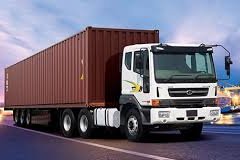
|
FREIGHT TRAIN

|
CONTAINER SHIP

|
AIR CARGO

|
PACKAGE EXPRESS

|
|
POTABLE WATER IS A BASIC REQUIREMENT FOR A PLACE
|
Lead in the water

|
Potable water

|
Infrastructure
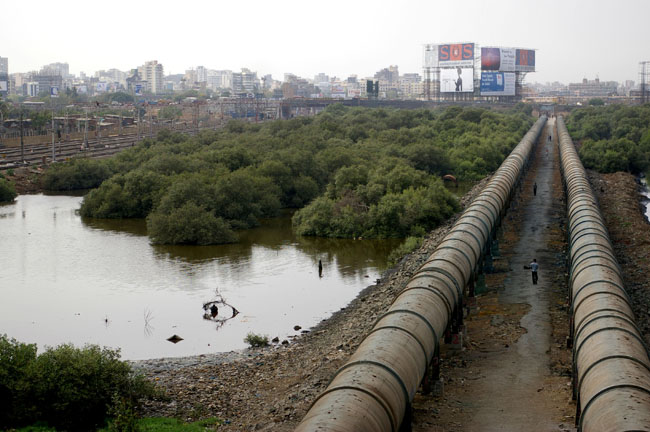
|
Solid waste

|
Irrigation

|
|
Water is a basic requirement for a liveable place. There are many examples of ancient cities that established impressive systems of canals and aquaducts to deliver water to population centers. Major water infrastrucuture was built in the first half of the 20th century to distribute water from the Colorado River basin to the Western States. Climate change may result in the Western States running out of water for all the present uses. (TPB note: I have seen the remains of ancient canals built in present day Iraq, and a 400 mile canal built in the late 1900s to deliver water to the capital city of what is now Namibia.)
|
|
CORPORATIONS CAN BE VALUABLE FOR A PLACE
|
DIGITAL TECH

Google
|
OIL & GAS

ExxonMobil
|
AERO ENGINES

Rolls Royce
|
BANKING

HSBC
|
ENGINEERING
 GE
GE
|
FOOD
 Unilever
Unilever
|
|
Many people locate in a place because it is the location of their employment. People are attracted to a location because of job opportunities and the companies that have facilities in the place. Local governments compete to attract companies to locate in their area. One of the ways they compete is by offering local tax holidays and favorable rulings on such things as building permits.
|
|
.
|
FACTORIES AND PROCESSES IN A PLACE
BIG IMPACT ON PEOPLE AND THE ENVIRONMENT
|
MINING

|
LOGISTICS

|
ENERGY

|
ELECTRICITY

|
PRODUCTION
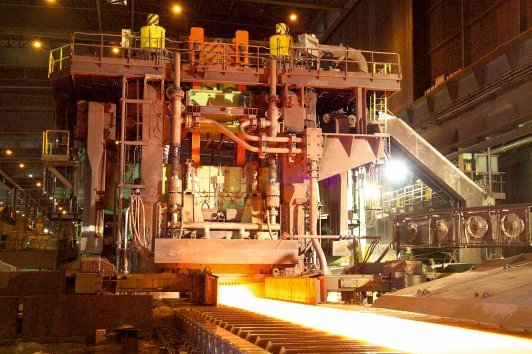
|
OIL REFINERY

|
Many industrial processes are dirty and dangerous. They also produce a variety of effluents that do damage to the environment unless steps have been taken to mitigate the damage. Much progress has been made in cleaning up highly visible particulate pollution, but much less progress has been made on reducing the invisible greenhouse gases like carbon dioxide and methane which are the main cause of climate change.
High level leadership has avoided addressing the climate crisis for a long time. Scientists in both academia and in the corporate world have known about the problem of GHG pollution for several decades, but leadership in the corporate world and in politics have avoided doing anything serious about the growing problem. At the present time, there are more leaders at the level of community and place that are taking action to control GHGs than there are at the national and international level ... and the world of corporate leaders is notable absent from leadership on the climate crisis, with some major corporate organizations activley working to misinform the public as they have been doing for many decades.
|
|
.
|
|
SECTORS / INDUSTRIES IN A PLACE
|
|
BIG IMPACT ON SOCIETY, THE ENVIRONMENT AND THE PLACE
|
MINING

|
LOGISTICS

|
ENERGY

|
FOOD - Vegetables

|
HOUSING

|
HEALTH

|
AG-GRAIN

|
PRODUCTION

|
REFINERIES

|
FOOD - Meat

|
EDUCATION
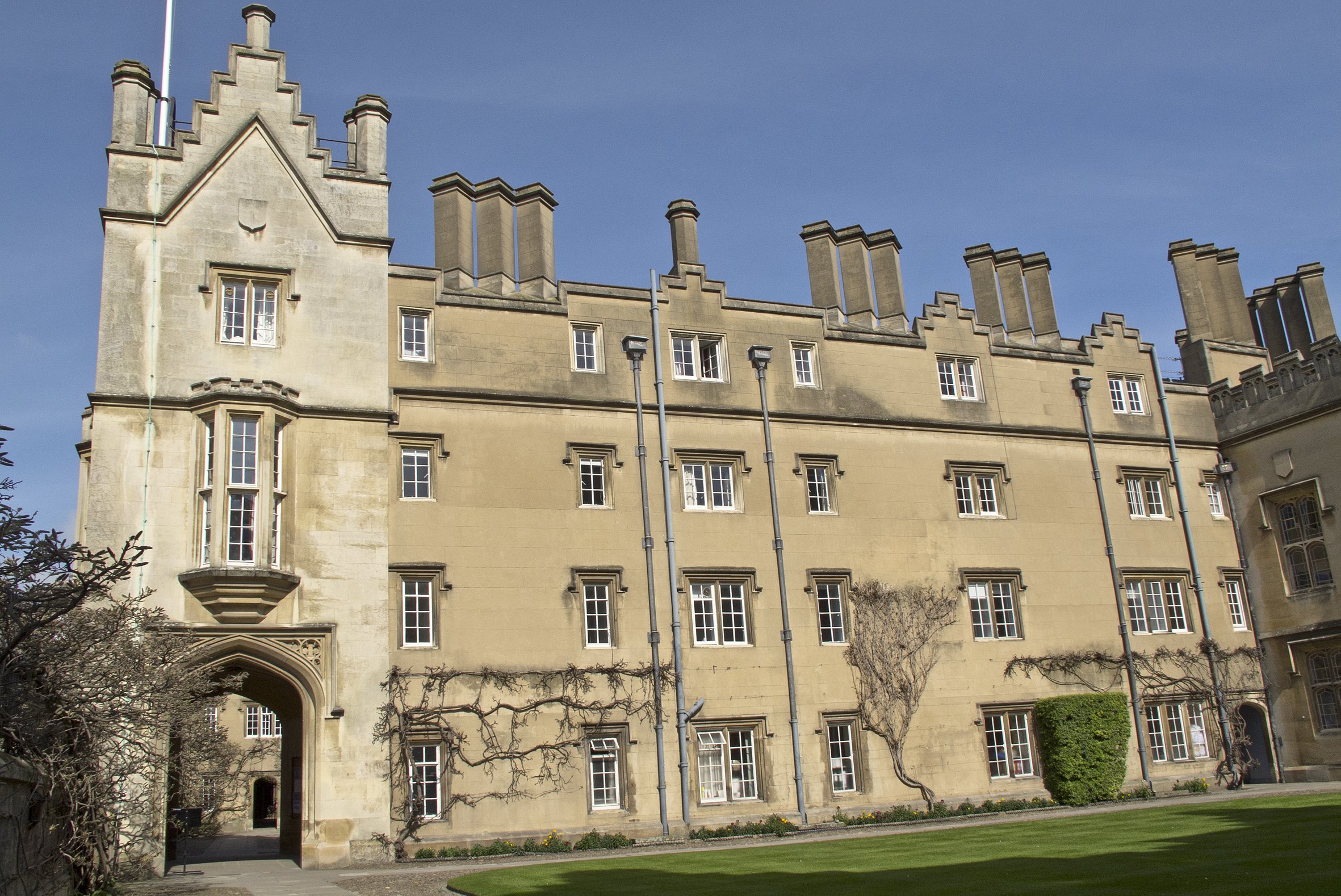
|
HEALTH
 |
AG-LIVESTOCK

|
RAIL

|
ELECTRICITY

|
CLOTHES

|
MOBILITY

|
HEALTHCARE

|
|
Every sector, every industry, has become very specialized and over a long period of time has been optimized for profit performance. Profit performance has been exceptional for decades, but too little attention has been paid to social and environmental issues. This must change. Process improvements are essential and must focus in improving social impact and environmental impact as well as merely being more profitable.
|
STREAMS / STRANDS / STRINGS
PRODUCTS IMPACT PLACE IN A VARIETY OF WAYS
|
NATURE

|
EXTRACTION

|
SUPPLY CHAIN

|
PRODUCTION

|
USE

|
WASTE

|
|
Everything that is used to support a high standard of living and quality of life has a long supply chain, then production and distribution, then use, and then a post use waste chain. For metrics to be meaningful, all of these stages must be brought into account.
|
PEOPLE MAKE THE DECISIONS IN A PLACE
PEOPLE MAKE DECISIONS ABOUT THE CONSUMPTION OF PRODUCTS
|
Food - Vegetables

|
Food - Meat

|
Housing

|
Clothes

|
Mobility

|
Recreation

|
|
More consumption correlates to a better quality of life up to a certain level. Beyond that level more consumption may well have negative consequences, as for example too much food may result in obesity and diabetes or worse.
|
|
PEOPLE MAKE DECISIONS AT THE FAMILY LEVEL
|
AS INDIVIDUALS

Live life ... work & family
|
IN ORGANIZATIONS

Do the work ... make the decisions
|
AS INVESTORS

Allocate financial resources
|
|
PEOPLE MAKE DECISIONS AT THE INDIVIDUAL LEVEL
|

|
Every individual is different, both in what they are capable of doing and how they want to live their lives. People should have the freedom to succeed in all sorts of good ways, and should be helped so that they never fail. People need the facts about themselves and everything around them.
|
|
ESTABLISH ACCOUNTABILITY FOR THE PLACE
|

|
Companies are important drivers of the economy. Within companies it is people that make the decisions, and for many decades the dominant metric for success has been profit without taking into consideration impact on society and nature. This must change. Profit performance on its own is not enough!
|
|
ESTABLISH DECISION PROCESSES TO SERVE INTERESTS OF THE PLACE
|

|
The allocation of capital shapes the future of the economy. People make the decisions about what investments should be made and have been guided mainly by the potential for growth of financial wealth without taking into consideration issues relating to society and the environment. These other issues matter.
|
|
PRODUCTS
|
|
PRODUCTS IMPACT PEOPLE AND ORGANIZATIONS AND NATURE
|
|
.
|
|
NEEDED FOR A DECENT QUALITY OF LIFE
|
Food - Vegetables

|
Food - Meat

|
Housing

|
Clothes

|
Mobility

|
Recreation

|
|
More consumption correlates to a better quality of life up to a certain level. Beyond that level more consumption may well have negative consequences, as for example too much food may result in obesity and diabetes or worse.
|
|
.
|
|
PRODUCTS START WITH NATURE AND HAVE A LONG LIFE CYCLE
|
NATURE

|
SEA

|
STEEL

|
EATING

|
WASTE

|
RECYCLING

|
NATURE

|
ROAD

|
REFINING

|
CONSUMING

|
LANDFILL

|
RECYCLING

|
EXTRACTION

|
RAIL

|
POLLUTION

|
DRIVING

|
FLOODS

|
NO WASTE

|
|
Products enable consumption that improves quality of life.
The production of products is a critical economic activity and source of profit for companies.
Production and products are only sustainable if they do not degrade the environment. Most modern industrial process are catastrophically unsustainable.
Smarter processes are needed together with smarter products, smarter consumers and systems to enable a circular economic model.
|
|
|
|

